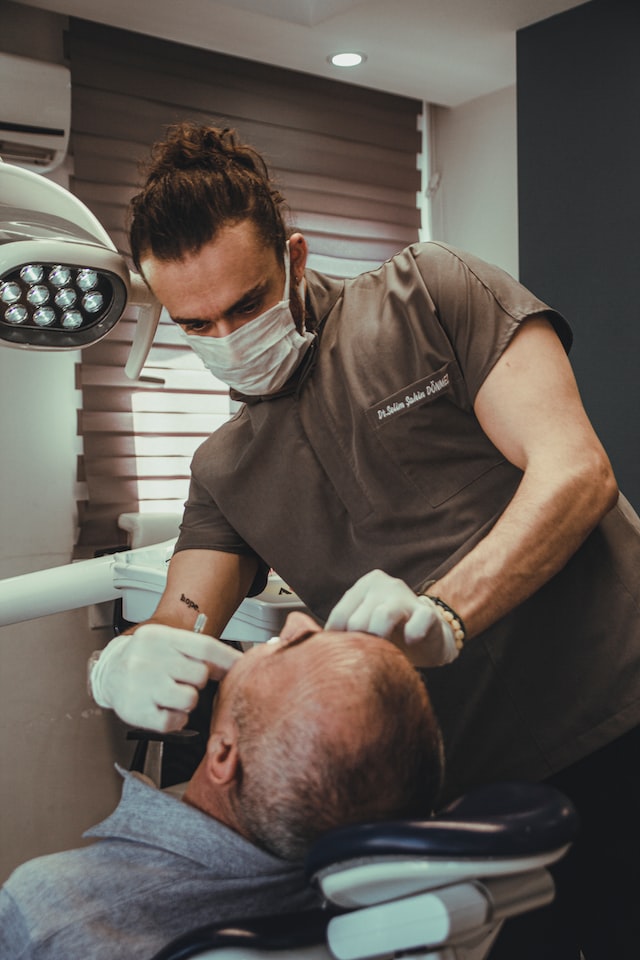An interesting article titled “Sutureless socket technique after removal
of third molars: a multicentric, open, randomized controlled trial” appears in BMC Oral Health written by Sarah Takadoum and et. al. (vol. 22, Article number: 256, 2022). The article conducted a clinical trial to compare pain following removal of impacted wisdom teeth with and without sutures also known as stiches.
In the article the authors mentioned how questions remain regarding the best operative techniques during wisdom teeth surgery particularly the mucosal closure stage on impacted mandibular (lower) wisdom teeth. There are some who recommend suturing sockets after extraction, justfying this by saying that it limits bleeding and contamination of the postoperative site to thus improve the quality and speed of healing. There are others who prefer natural healing while the site is closed via cheek pressure. The authors set out to compare postoperative pain of patients who had four impacted wisdom teeth removed at the third day after the surgery while some patients had sutures and others did not. The study was a non-blinded, randomized control trial that included patients who had wisdom teeth extracted under general anesthesia and were at least 14 years old. The authors included 100 patients in the study who had wisdom teeth extracted between February 2016 and November 2018, with 48 patients randomized to the suture group and 52 did not receive sutures. Some patients were lost to follow up or did not sign consent forms so ultimatley 44 patients with sutures and 50 patients without sutures were included in the study. Further 4 patients in the group that did not receive suture received them due to complications but were retained in their original group in the analysis.

The authors found that females were overrepresented in both groups and accounted 59.6% of patients in the suture group and and 73.1% in the group that did not receive sutures. Orthodontic purposes was the most common reasons for the wisdom teeth extractions. The authors found that there was no difference in pain on the third day after wisdom teeth surgery between the with and without suture groups after adjusting for age and smoking. The authors found no differences between the two groups for swelling (edema), mouth opening (trismus), complication rate, painkiller consumption, healing, or quality of life. It was noted that in the group without sutures there was less total operating time than in the group with sutures. The operating time was about 3.6 minutes shorter in the group without sutures. The authors also found that for those that smoked there was a 3.65 times higher chance of developing a complication. The authors state:
“We found that both short- and long-term pain did not difer according to presence of sutures….We found no between-group diferences for trismus, painkiller consumption, postoperative complications and edema…We found no diference between groups in quality of life.”
The authors mention several limitations of their study including that the sex ratio and smoking prevalence was different in the groups. Nonetheless the authors feel that their results show that the sutureless technique reduces operating times and saves
money for wisodm teeth extractions. The authors state:
“For impacted teeth with correct fap repositioning and without intraoperative hemorrhage, the sutureless operative technique does not require specifc material or experience. As this technique does not present any diference in postoperative efects from a sutured technique, it should be used preferentially.”
The authors mention that in the future additional studies can be conducted to determine the economic impact differences between extracting wisdom teeth with and without sutures. They also feel that smokers who have wisdom teeth extracted need a seperate study with respect to using stutures or not.
